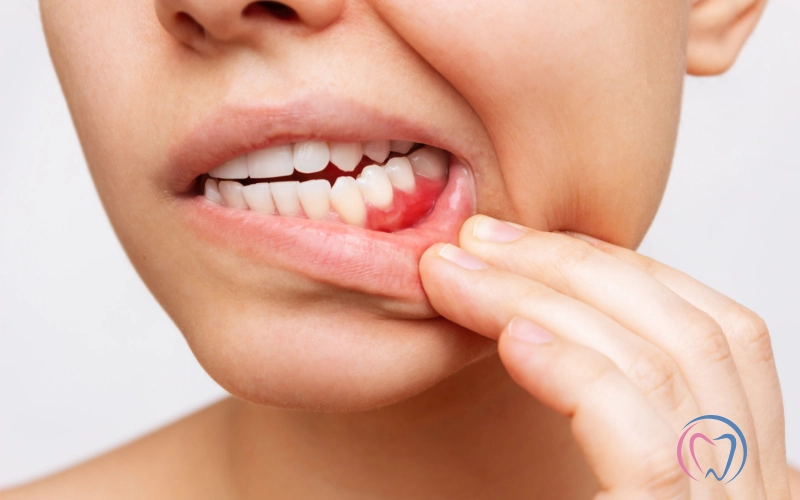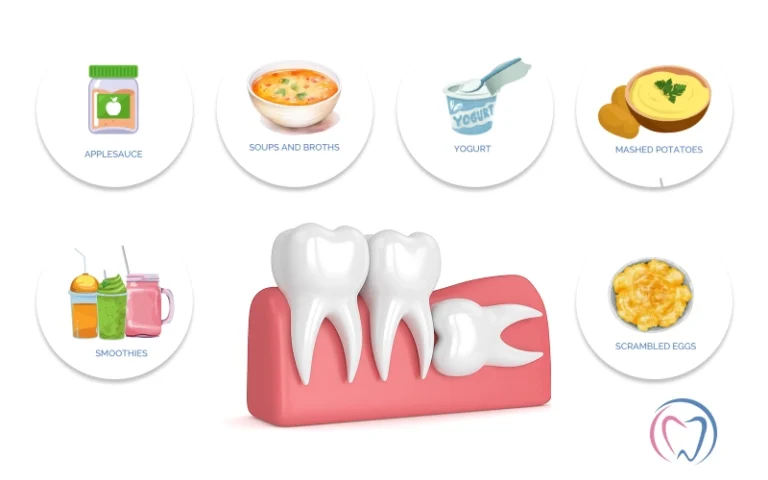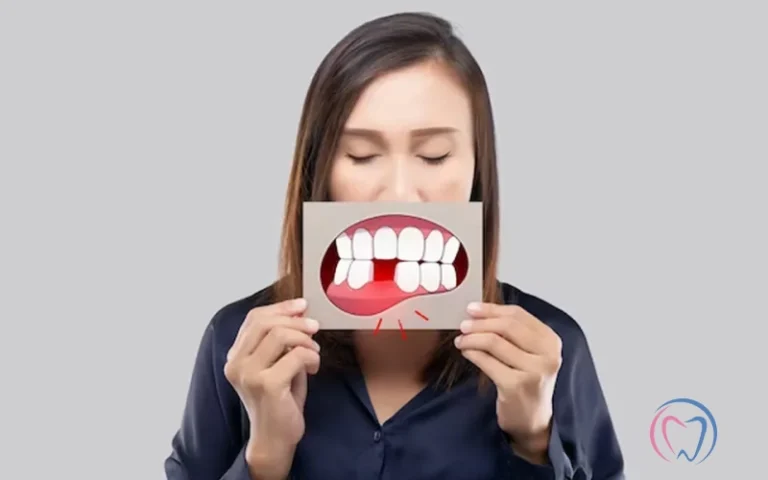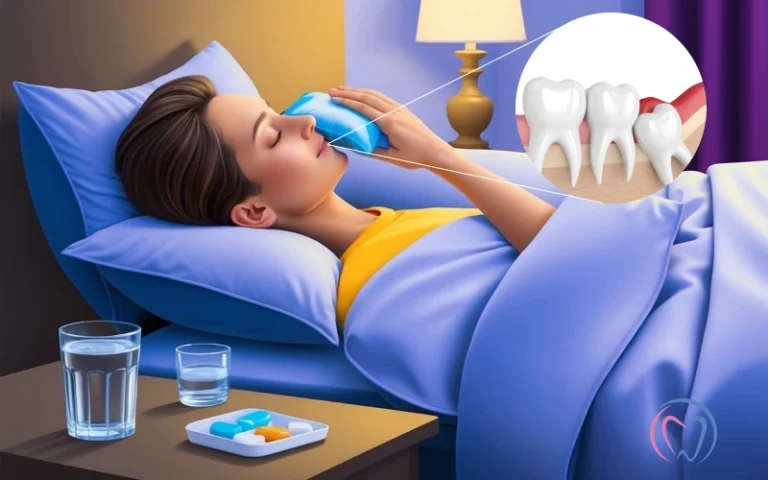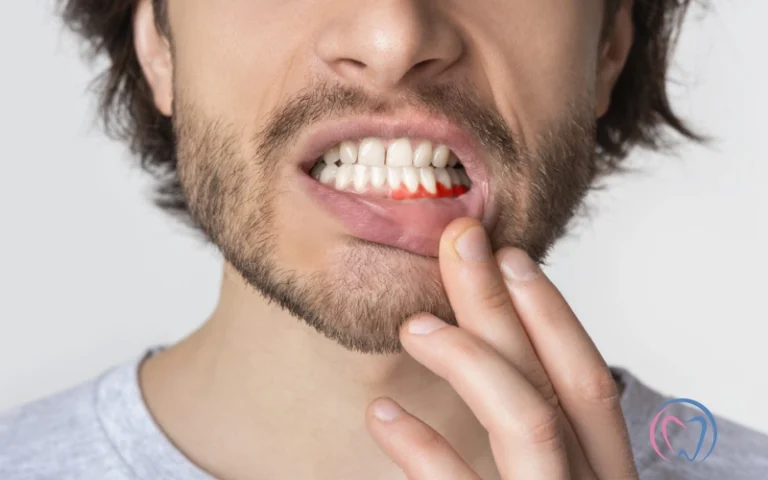Maintaining good oral hygiene is essential to prevent dental problems, as your teeth play an important role in your overall health. Many people focus on brushing and flossing but may overlook subtle signs that their teeth are unhealthy. Leaving these warning signs unnoticed can lead to more serious conditions, such as gum disease, tooth decay and even systematic health problems. Through this blog, we are here to share our experience about the above topic with you.
- Having bad breath for an extended period – This is also called Halitosis. Bad breath is often a sign of poor oral hygiene, but if it persists despite brushing and flossing, it could indicate an underlying dental issue. This bad breath may be caused;
- The production of foul-smelling compounds occurs when bacteria in cavities from tooth decay.
- May result from gingivitis and periodontitis.
- Bacteria thrive in dry mouth due to the absence of saliva.
So if you notice persistent bad breath, visit a dentist to rule out dental problems.
- Tooth sensitivity to hot and cold – do you feel a sharp pain when drinking a hot cup of tea or biting into ice cream? Tooth sensitivity is a common sign of;
- Enamel erosion occurs when the protective layer of your teeth wears down, leading to the exposure of nerves.
- The presence of holes in your teeth increases their sensitivity.
- The sensitivity of gum recession is increased by exposed tooth roots.
If the problem persists consult a dentist, but using toothpaste designed for sensitive teeth can be helpful.
- Bleeding gums – healthy gums don’t need to bleed when you brush or floss. If you see blood in your sink it could mean;
- Gingivitis is the early stage of gum disease, often caused by plaque buildup.
- Gum health can suffer as a result of vitamin deficiency.
- Gums can be damaged by overbrushing.
Regular dental checkups and proper oral hygiene can prevent gum disease from progressing.
- Tooth pain or discomfort – This tooth pain should not be ignored. It can be caused by;
- Cavities – Pain can be caused by decay reaching the nerve.
- The presence of an infection in an abscessed tooth can result in throbbing pain and swelling.
- Bruxism, the teeth grinding can lead to enamel wear and discomfort.
A dentist can diagnose the root cause and provide appropriate treatment.
- Loose or shifting teeth – It is important for adult teeth to not feel loose or shift over time. This could be a sign of;
- The bone that supports teeth becomes weaker due to advanced gum disease which is periodontitis.
- Also, they can become loose due to trauma or injury.
- Osteoporosis is a medical condition that causes bone weakness, particularly in the jaw.
- Receding gums – if your teeth seem longer than usual, it might be due to your gums receding.
- Gum disease occurs when gum tissue is weakened by infection.
- Brushing aggressively can cause gums to deteriorate.
- Also, genetics plays a role in the risk of gum recession in certain people.
Early intervention can prevent further damage and tooth loss.
- Discolouration or staining – While some tooth discolouration is common because of ageing or diet, sudden or severe staining may suggest something is wrong.
- Dark spots are a sign of tooth decay.
- Teeth become yellow or brown due to the stain caused by nicotine and tar from smoking.
- Certain medications can lead to tooth discolouration.
Regular dental cleanings and whitening treatments can help maintain a bright smile.
- Cracked or chipped teeth – teeth can crack or chip due to;
- Pressure on teeth can be caused by grinding.
- It is possible to cause damage by biting hard foods, such as ice, nuts or hard candy.
Small cracks may not be painful initially, but they can become more severe over time. Dental treatments like bonding or crowns can restore damaged teeth.
- Frequent dry mouth – saliva is crucial for removing bacteria and neutralising acids. This dry mouth could be the result of;
- Some medications cause a decrease in saliva production.
- Diabetes can affect saliva glands.
- Dehydration occurs when there is a lack of water intake, resulting in dryness.
Drinking plenty of water, using a humidifier and chewing sugar-free gum can help stimulate saliva production.
How to keep your teeth healthy
If you notice any of the signs mentioned above, it is essential to take action.
- Brush twice a day with fluoride toothpaste.
- To remove plaque from between teeth, floss daily.
- Make sure to visit your dentist regularly for checkups and cleanings.
- Maintain a well-balanced diet that is rich in vitamins and minerals.
- Avoid smoking and eating too much sugar to prevent decay and gum disease.
- Use a mouthguard if you grind your teeth at night.
Your teeth are a reflection of your overall health. To maintain a healthy, confident smile and prevent serious dental problems, it is important to pay attention to the signs of unhealthy teeth and practice good oral hygiene.
If you experience any symptoms that are concerning, it is best to consult a dentist for a professional evaluation. Preventing is always better than cure when it comes to your teeth!

